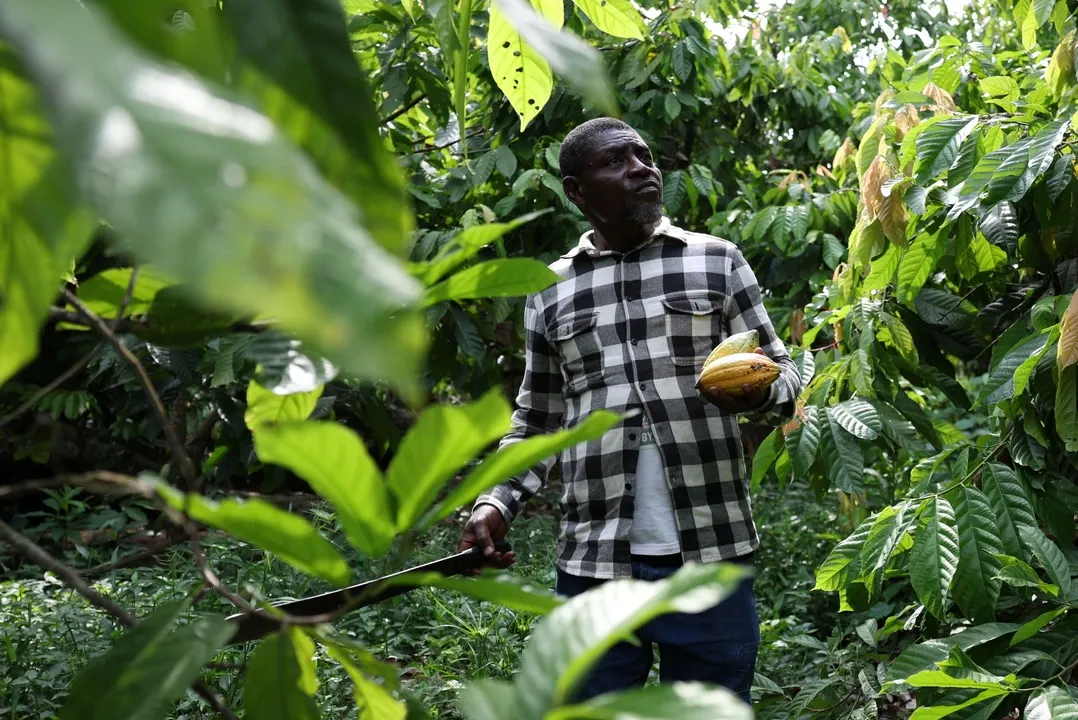Sport
Nigeria is preparing the template for Africa's agricultural future, using scientific logic and community assurance to persuade farmers to adopt genetically modified crops that promise enhanced yields, drought resistance and food security.
Nigeria's biotechnology institutions are courting religious leaders in their campaign to win public acceptance for genetically modified organisms (GMOs) amid a raging debate over the benefits and consequences of genetic farming practices and consumption of such produce.
The country's National Biotechnology Research and Development Agency hosted a sensitisation workshop on GMOs last July, marking the latest effort to shape public opinion on genetic engineering.
Prof Abdullahi Mustapha, the agency's director general, told delegates that genetically modified food poses no threat to humans, animals or the environment. He highlighted drought resistance, enhanced yields and food security as the primary benefits of switching to what he said was a more productive and prudent method of farming.
Mustapha said Nigerian companies were producing these seeds, while stressing the importance of embracing science and technology for food security and climate change mitigation.
The agency has since invited religious and traditional leaders to help "change people's opinions" on the contentious issue.
The GMO question extends far beyond medical concerns, touching on political economy, religion and the complex bureaucracy of international trade worldwide.
Core philosophy
GMOs refer to organisms that have been altered at the genetic level, whether in animals or in the genes of seeds and fruits. The potential of genetic engineering in addressing food insecurity makes it a heavily invested sector, especially in seed improvement research.
"Genetic modification allows scientists to introduce targeted traits into crops," Abdulrazak Ibrahim, a biochemist at Ahmadu Bello University in Zaria, tells TRT Afrika. "These traits could be pest resistance, drought tolerance or enhanced nutritional content."
Ibrahim, who holds a PhD in molecular biology from Brazil's Universidade de Brasília, argues that GM technology has transformed the production of export crops such as soybean, cotton and canola globally.
"GMO adoption could sustain economic competitiveness of developing countries in the global markets," he says.
The benefits are particularly significant in tropical regions, where pest infestation, diseases, recurring drought and unpredictable rainfall are known to affect farming productivity.

Experts say that seeds with infused traits improve yield stability, reduce pesticide use and strengthen productivity.
For staple crops grown across the tropics, GM technology is a game-changer for food security.
According to Ibrahim, the technology works most effectively when integrated with broader systems, including extension services, seed delivery, markets and farmer training. The idea is to enable farmers to capture the full value of their crops.
While GMO adoption remains a choice, the science indicates that genetically modified crops can contribute to food security and export competitiveness when supported by strong regulatory frameworks and institutional capacity.
Comments
No comments Yet




















Comment